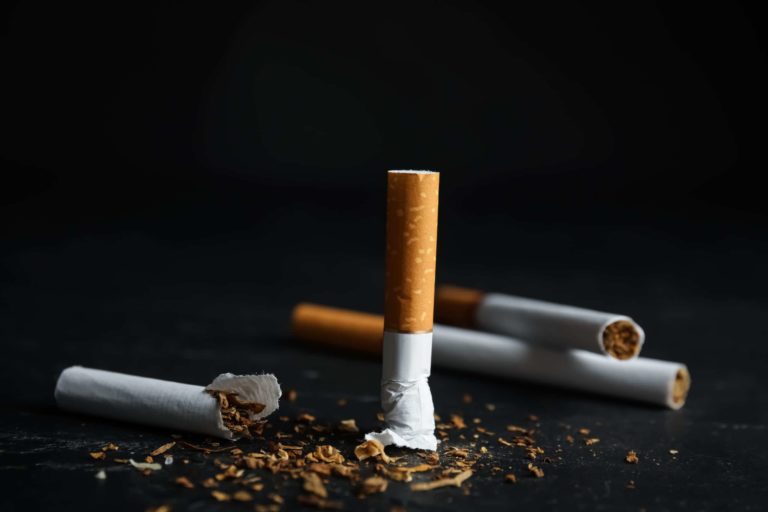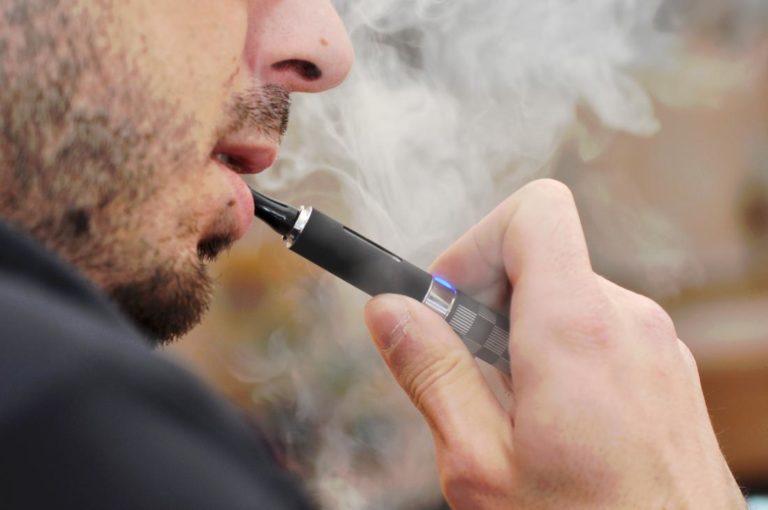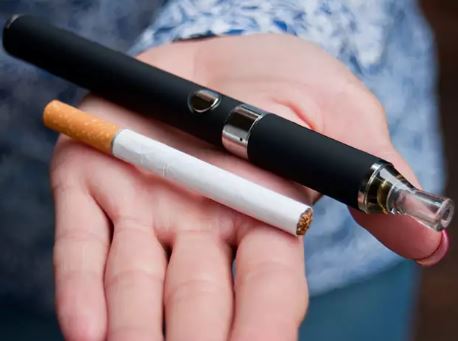‘Negara Nikotin’ On The March ?
Emeritus Professor Tan Sri Dato' Dzulkifli Abdul Razak
Opinion - Bacalah Malaysia
May 3, 2023
This week marks a month after the tragic U-turn decision to delist nicotine from the Poisons List under Poisons Act, 1952.
The April Fool’s Day of April 1, has really lived up to its name when the entire nation is fooled to believe that nicotine is now “safe” to be consumed by all and sundry in support of the ‘nicotinomics’ of vape industry for the first time ever.

Kudos, as this is enabled by no less from the power that be in the Health Ministry (MoH).
Despite the overwhelming objection, rejection and protest from practically all walks of life, the obnoxious decision stays adamantly unmoved, defying all scientific and medical logic, evidence and reasoning.
"Namely, nicotine is a poison, and highly addictive at par with heroin and cocaine. As to the testimonies required to substantiate this, the last one-month provided more than enough to reaffirm what is already well-established as a fact of life! Ages ago!
Indeed, as early as the first week of the delisting, reports from the media raised health concerns involving underaged children openly (ab)using vape (e-cigarette) causing a variety of nicotine-induced ill-effects ranging from mental to bodily symptoms commonly associated with nicotine consumption.
This was confirmed by the teachers who came to help adding to their already busy daily professional schedules. Meaning to say more disruptions can be expected as the vaping habits begin to take root in the life of our school-going youngsters.
"More girls were included, in that for every four who were addicted one is a female according to one source. Whereas among secondary school female students, the number is two for every six users. Thanks to the woman power in MoH.
Indeed, in several places, vape outlets sprang up alongside the street stalls together with those selling food stuff adding to the rahmah menu!
Thus, making vape more available publicly than before. According to a survey conducted by Consumer Association of Penang (CAP), in several vape shops on the island, more teens were found freely entering them to buy the toxic liquids with no questions asked.

CAP education officer, N.V. Subbarow, said one of them admitted that he was only 14 years old. Definitely a potential citizen of the Nicotine Nation.
"Hence, it is not surprising to read that CAP, known for its unwavering commitment to curb nicotine among youth since many years ago, reported that last week from among 300 school children who attended a workshop, 200 – aged 9 to 12 years, admitted (mis)using vape belonging to their parents or siblings when they were not at home or left the gadget unattended in the car.
The children were attracted to the vape juices which were out of reach legally just a month ago.
By their admission, they clandestinely used the vape twice a week when their parents or siblings were away. Given the festive season and laid-back vacation mood, experimenting with vape without fear seems just the thing to do.
In fact, at times, they said that they were even invited by their parents or elder siblings to try.
Although they refused the offer initially, but after being convinced that the liquid is “safe,” they changed their mind.
Such an act would have been a violation of the law, but today it serves as the new normal for these kids. In fact, they were non-smokers before.
As reminded by CAP: “E-cigarettes can also contain other harmful substances besides nicotine. Children and teenagers can become addicted to the nicotine in vaping devices and e-cigarettes, as the flavour makes vaping more appealing to them.”
“Using nicotine during adolescence can harm parts of the brain that control attention, learning, mood and impulse control. It also increases the risk of future addiction to other drugs.
“As such, youth and children should avoid the use of all products containing nicotine, including e-cigarettes.” In similar vein, public health groups had raised concerns over Malaysian children freely falling into nicotine addiction, as even a one-year-old could theoretically purchase and consume nicotine-laced products after nicotine was bulldozed off the Poisons List.
As late as April 17, a group of prominent health experts, hosted by Akademi Profesor Malaysia, has issued a ‘Bangi Declaration’ outlining 10 key recommendations to strengthen tobacco and vape control measures in the country.
It underscored the negative impact of the government’s move against huge public opinion in favour of keeping nicotine liquids and gels under the Poison Act 1952.

According to the group, all tobacco products, including nicotine, are considered “poisonous” and pose a serious risk to public health. Tobacco products also place a considerable financial strain on MoH in terms of health care management.
Categorically speaking, unless there is a serious attempt to put right the deadly U-turn forced on April 1, the younger generations, in particular, are well on their march to creating an addictive Negara Nikotin, instead. Malaysia Madani will just have to wait!
- The writer is a neuropharmacologist, and served as the inaugural director of National Poisons Centre (PRN) at USM
